The views expressed in our content reflect individual perspectives and do not represent the authoritative views of the Baha'i Faith.
By the time Abraham started preaching his new monotheistic Faith, religious institutions scattered across the Middle East had lost most of the spirituality that originally inspired them and had become rigid, priest-controlled cults more concerned with maintaining power than investigating truth. When Abraham’s words, like arrows, thudded against their walls of inflexible beliefs, the initial reaction of priest and commoner alike seems to have ranged from indifference to mild annoyance.
No one took Abraham very seriously until, tradition recounts, an elderly woman responded to his ideas. She, astonishingly, “became a zealous missionary for the true God” and succeeded in converting others to this subversive point of view. More people joined her, and news of the growing number of converts eventually reached the ears of the royal court, which summoned the woman to appear before King Nimrod to explain herself.
As courageously as St. Catherine facing the Emperor of Rome or Táhirih (A devoted follower of the Báb who was martyred for her outspoken teaching of His message) calmly handing her own scarf to those who would strangle her, the woman explained her newfound belief. The king, furious at this affront to his own sovereignty, and maybe still worried about the threat of that rising star, “rebuked her harshly, asking her how she dared serve any god but himself.” Her audacious reply— that there is only one true God—earned her a sentence of death.
Rather than discouraging new converts, the martyrdom of this heroic woman—whose name we do not know—sparked a greater surge of interest, with predictable but unfortunate results.
Abraham was summoned to meet with Nimrod and his priests.
They commanded Him to acknowledge the gods of nature by bowing down before them, but Abraham refused, countering their demands with questions and arguments demonstrating the uselessness of worshipping inanimate objects. Jewish tradition recounts several versions of the scene, and the conversation went something like this:
“I command you to bow down to fire!”
“Why not worship water that can extinguish the fire?”
“Then bow to water.”
“Perhaps it would be better to worship the clouds that carry
water as rain?”
“Very well. Bow down to the clouds.”
“But wind is more powerful. It scatters the clouds.”
“Fine. Bow down to the wind.”
“Perhaps it would be better to worship a person who can endure the wind?”
Nimrod, bewildered by Abraham’s arguments and angered at his obstinacy, abruptly closed the interview with a horrifying judgment. “You speak nothing but meaningless words! I myself bow down only to fire. So now, behold, I will cast you into the midst of fire. Let your God rescue you if He can.”
The image of being cast into a fire foreshadows how King Nebuchadnezzar would someday deal with Shadrach, Meshach, and Abednego. It also invites a crucial question: Just what kind of fire was it?
One of the oldest answers, given by Jewish rabbis pondering the lives of the Prophets, depicts Abraham being cast into a physical fire. The fire roared at the bottom of an earthen pit, ready to receive pieces of limestone which, when burned, would produce calcium oxide, an essential ingredient in the making of glass. In this version of the story, as soon as Abraham was lowered into the fire, he felt the full agony of the thousand-degree temperature—but only for a moment, just enough to demonstrate his faith. The Angel Gabriel immediately flew to God and vehemently protested the burning of this innocent man. When God agreed to allow Gabriel to intervene, the angel shielded Abraham and carried Him out of the flames unscathed.
In another version of the story, Abraham’s descent into the pit caused the logs of the fire to come alive and produce a flush of fresh buds. Green twigs unfurled from the buds, grew into sturdy limbs, and matured with supernatural rapidity into lush trees whose branches were laden with delicious fruits. The miracle transformed the pit into an exquisite garden, which saved Abraham’s life.
Muhammad affirms the general story of trial by fire but doesn’t explain the substance of the flames:
“Said they, ‘Build for him a pyre, and throw him into the flaming hell!’ . . . We said, ‘O fire! Be thou cool and a safety for Abraham!’”
The Baha’i teachings agree that Abraham was thrown into a fire, but make it clear that the flames did not spring from wooden logs:
It is well known what a host of enemies besieged Him, until at last the fires of envy and rebellion were kindled against Him. – Baha’u’llah, The Book of Certitude, p. 10.
And remember when Nimrod kindled the fire of polytheism whereby He would burn the Friend of God [Abraham]. Verily, we extinguished the fire by the truth and brought upon Nimrod manifest grief. – Abdu’l-Baha, The Promulgation of Universal Peace, p. 399.
The image of a fire extinguisher filled with truth quenching the flames of polytheism, envy, and rebellion is a potent one. It shoots us straight into the heart of a spiritual revolution created by a young man who was “an iconoclast and a Herald of the oneness of God.”
Abraham’s reward for telling the truth, smashing idols, and withstanding the flames of polytheism was not acclaim, riches, or even a single small compliment. Instead, Nimrod and his priests expelled Abraham, sending Him five hundred miles away into what is now southern Turkey but was then the untamed, lawless northern frontier of the Mesopotamian Empire.
The reason for Abraham’s exile, rather than being executed for his heresy, may have lain in his father’s popularity as a maker of gods. If Nimrod feared Terah’s influence over the gods he created at work each day, the king would have been wary of the consequences of enraging Terah the idolmaker by killing his firstborn son. Possibly he had come to fear that Abraham, too, was capable of influencing these gods.
And, to top it all off, there was the nagging question of how Abraham’s followers might behave if their leader were executed. Banishment to a place so remote that the banished would be forgotten must have seemed the wisest possible course of action. It turned out, however, to have the opposite effect.


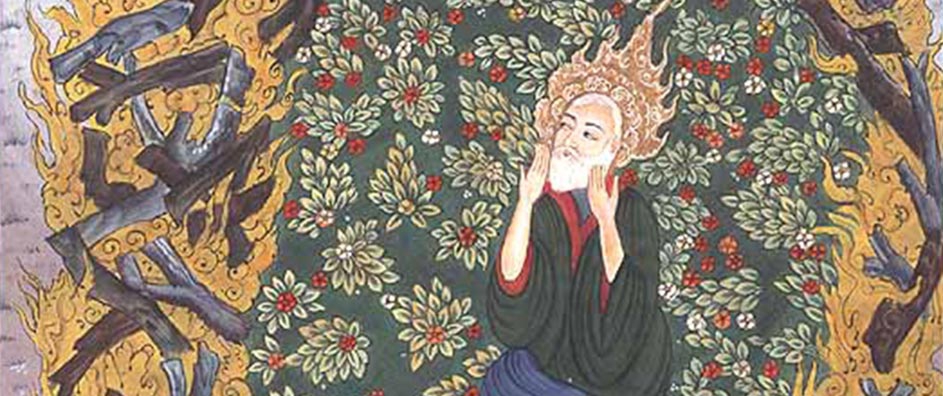
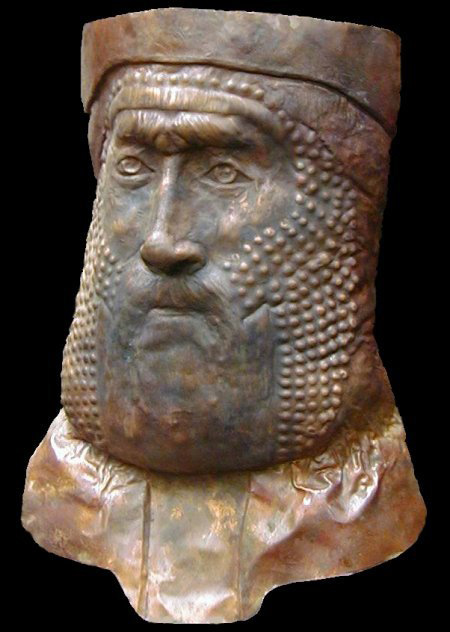


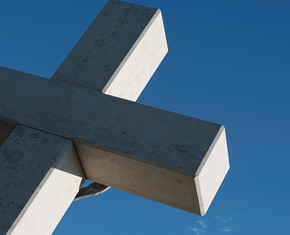



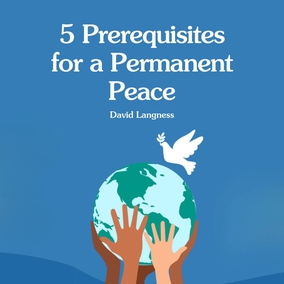



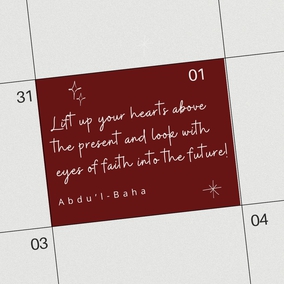


Comments
Sign in or create an account
Continue with Googleor